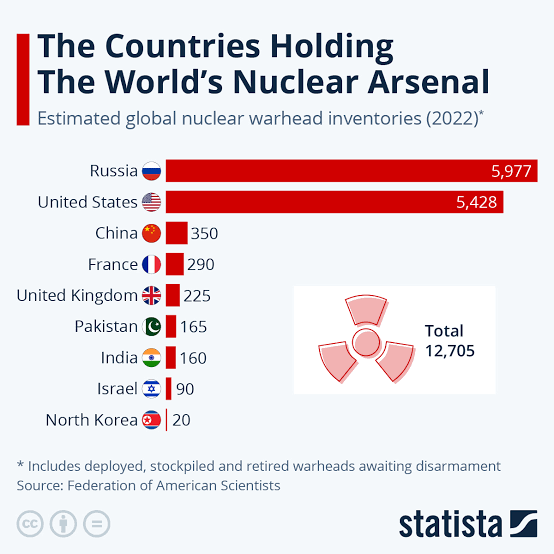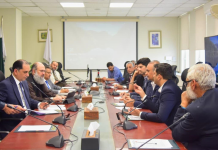World Refugee Day is a time to recognize the generosity of host countries that have kept their borders and hearts open to people in need of protection
ISLAMABAD, Jun 20 (DNA):UNHCR Pakistan Spokesperson, Qaiser Khan Afridi Thursday on ‘World Refugees Day’ said that over 75 percent of refugees were being hosted by middle-income countries where we urged nations to resolve political conflicts and share the responsibilities of displace refugees.
Speaking to the news channel, he said, “These refugee nations are facing rising challenges such as political conflicts, climatic factors, disasters, and growing external debt, hindering their ability to address specific national needs and achieve sustainable development goals and development aspirations.”
“World Refugee Day is a time to recognize the generosity of host countries that have kept their borders and hearts open to people in need of protection, he added.
The “Pakistani nation and government are very proud of our hospitality for millions of refugees and will continue to support every initiative for the establishment of peace, prosperity, and the development of these people,” Afridi said.
World Refugee Day is being observed today to honor the courage, strength, and determination of refugees who are forced to flee their homeland under threat of persecution, conflict, and violence.
This year’s theme of the day is ‘Solidarity with Refugees.
“Pakistan continues to be one of the world’s largest refugee hosting countries, providing safety to millions of people forced to flee their countries,” Afridi lauded.
“UNHCR is playing an important role in the restoration and protection of refugees, and these people also need global solidarity to rebuild their lives with dignity,” he continued.
“Let us pledge to reaffirm the world’s collective responsibility in assisting and welcoming refugees, upholding their human rights, and helping resolve the conflicts that are uprooting so many,” Afridi vowed.
He said, “There is urgent global collaboration that is required to put agreed protection principles into practice.”
Replying to a question, he emphasized the need to address the root causes of displacement and ensure the safety of millions affected by conflict, violence, and climate change, noting that the forcibly displaced were among the world’s most vulnerable communities.

















